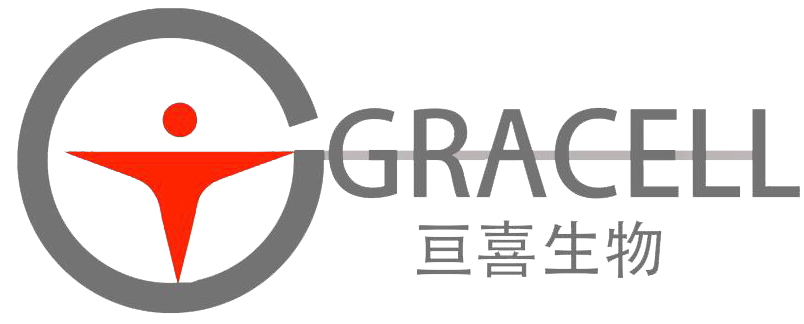
Image Courtesy: Lilly Asia Ventures
Gracell Biotechnologies Co., Ltd. ("Gracell"), a clinical-stage cellular immunotherapy company, on 21 June 2019, announced preliminary results of a multi-centre pilot study designed for evaluating the safety and efficacy of Gracell's patented FasT CAR-19 (GC007F) investigational cell gene therapy. The customized treatment which genetically modifies patient's T-cells to express CD19-specific chimeric antigen receptor (CAR), showed a clinically meaningful and positive result in the treatment of B-cell acute lymphoblastic leukemia (B-ALL). The results of the study were announced during the CAR-TCR Summit Asia, held 18th to 20th June 2019 in Shanghai.
FasT CAR-19 is expected to be a best-in-class therapy for relapsed or refractory B-ALL. FasT CAR-19 (GC007F) can be manufactured overnight with 100% success.
B-ALL is a sub-type of ALL, a cancer of the lymphoid line of blood cells. For a vast number of patients, B-ALL can be treated by chemotherapy and stem cell transplant. However, for many patients who develop relapsed or refractory (r/r) B-ALL, significant complications in treatment remain. With characteristically low life expectancy, r/r B-ALL is one of the most devastating forms of malignancies. Anti-CD19 CAR-T products have been developed specifically for these late-stage patients.
Currently approved anti-CD19 CAR-T bioprocessing takes on average two weeks to manufacture and seven days to pass the quality test. With Gracell's FasT CAR solution, preparation time can be cut to 24 hours, significantly reducing production cost and waiting time. In addition, FasT CAR can be administered vein-to-vein (time from when cells are extracted to when they are infused back into the patient) within seven days after leukapheresis, providing substantial meaning and significant benefit to physicians and patients.
With a manufacturing success rate of 19/19 (100%) without patient loss, FasT CAR-19 cells are considered much more potent and durable in comparison to currently available alternatives. With these advantages, FasT CAR-19 is highly cost-effective and has considerable potential to establish a new standard in CAR-T treatment for r/r B-ALL.
The multi-centre investigational study enrolled 19 adolescent and adult patients aged from 14 to 70 years, who suffered from relapsed or refractory B-ALL and had failed to respond to multiple prior lines of therapy. As of 12 June 2019, all patients received a single infusion of FasT CAR-19 following lymphodepleting chemotherapy. FasT CAR-19 was administered at three dose levels from low to high, equivalent to 1/30-1/10 of the standard CAR-T therapy dose, respectively.
The treatment efficacy was assessed in 16 patients, of which:
During six month-durable remission period, FasT CAR-19 demonstrated a good level of persistence. In terms of safety, all 19 patients tolerated the single infusion of FasT CAR-19 at different dose levels, with no dose-limiting toxicities observed. The most common safety concerns were cytokine release syndrome (CRS) and immune effector cell-associated neurotoxicity syndrome (ICANS) where mild to moderate side effects were observed. In comparison to the high dose group, patients administered low to middle dose levels experienced mild adverse events. Across 14 patients in the low to mid doses group, only 2 (14%) Grade 3 CRS and 1 (7%) manageable Grade 3 ICANS were reported; while in the 4 patients of the high dose group, there were 3 (75%) Grade 3 CRS and 2 (50%) Grade 1-2 ICANS.
"We are very excited to see that the patients with relapsed or refractory B-ALL in this study gained substantial clinical benefit from FasT CAR-19," said CEO Dr William CAO. "Although the potential of FasT CAR technology is yet to be unlocked, the results of this study have enhanced our confidence to move on with dose expansion studies and to apply FasT CAR to products for various indications, including multiple myeloma and non-Hodgkin lymphoma. We are eager to see Gracell's highly efficacious, but affordable FasT CAR-T therapies benefit patients globally."




